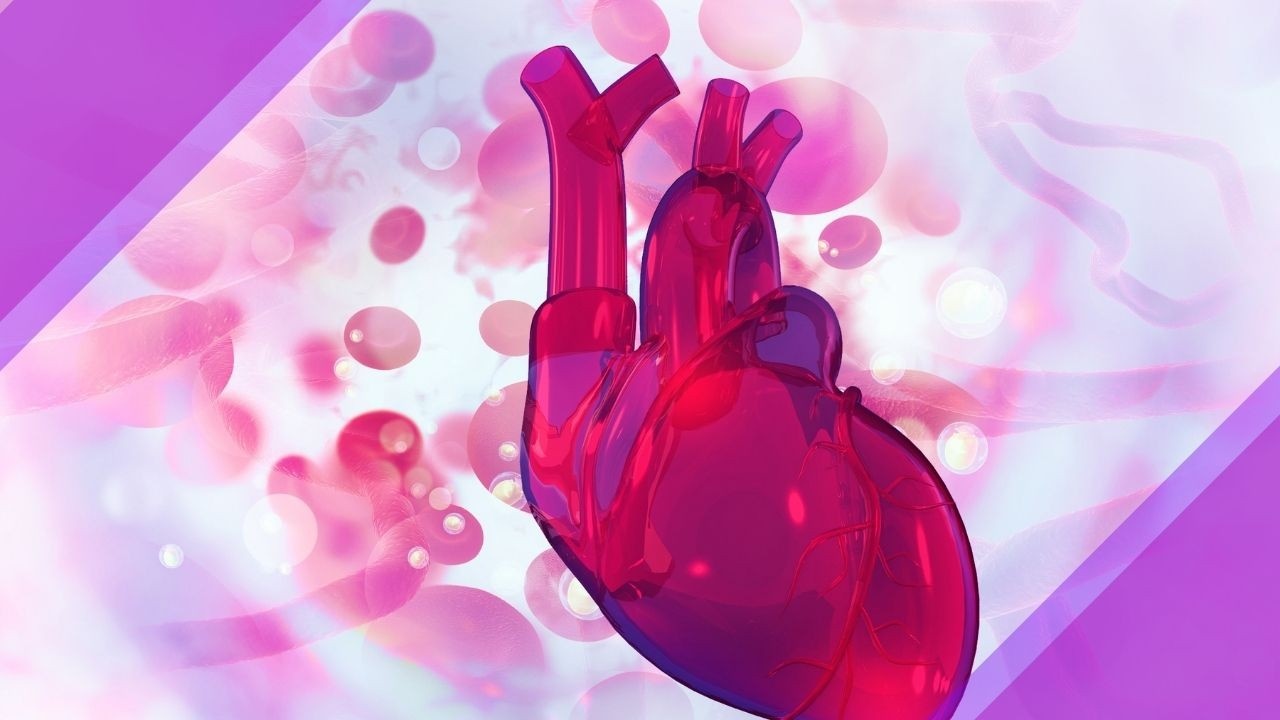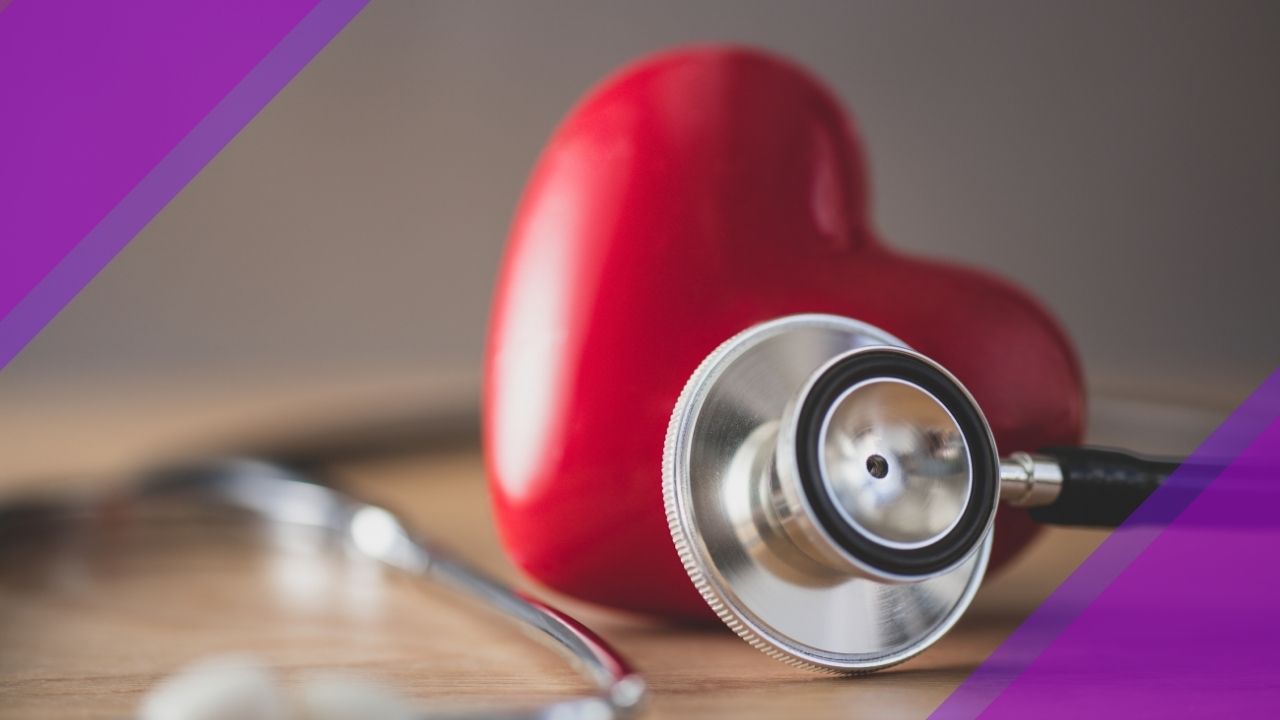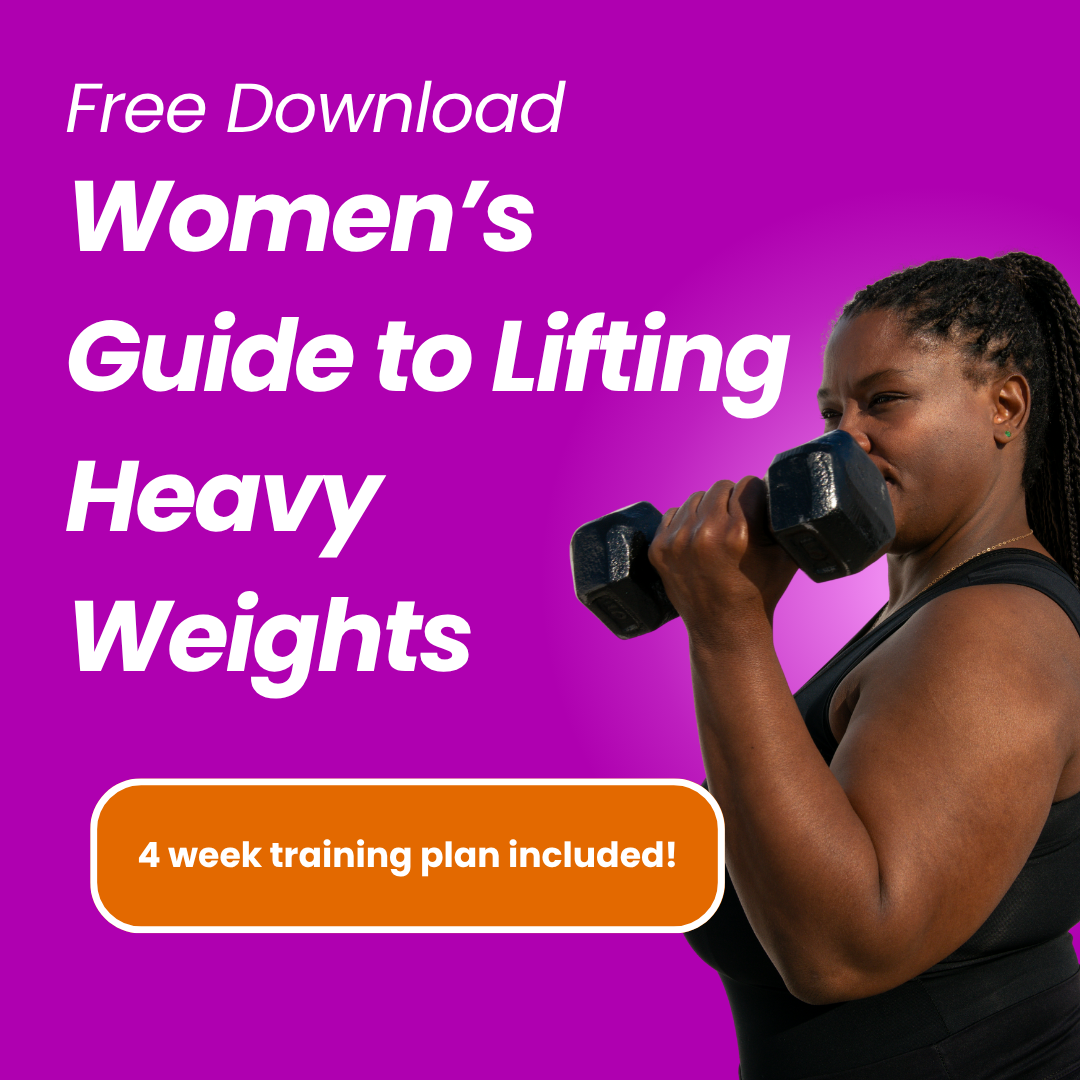
5 Life Saving Heart Health Steps Menopausal Women Should Know
May 17, 2022Heart disease is our #1 killer and we still don’t get the medical attention we need.
By Selene Yeager
Several years ago, my mom was having nearly debilitating, radiating shoulder, neck, and back pain, along with random panic attacks and general fatigue. She went to her doctor, who determined that my mom was just stressed out and gave her “nerve pills.”
Those meds tranquillized my mother but didn’t prevent her from having a full-blown, massive heart attack months later. Thankfully, my dad was there to call 911 and open-heart surgery saved her life.
The medical system failed her terribly. She was 70 years old, completely sedentary, smoked cigarettes for the better part of her life, has a history of high cholesterol, and only touches a fruit or vegetable to push it off her plate. And you still don’t suspect heart disease? Imagine how easily signs could be dismissed in a fit, active woman.
Women Often Get Different Cardiac Care Than Men
Research is clear: the medical system still often doesn’t recognize heart disease in women the way it does in men. For one, women do not receive the same preventative care as men. In a meta-analysis of 43 studies including 2,264,000 women and men ages 56 to 71 published in the Journal of the American Heart Association, researchers found that women were significantly less likely to be prescribed aspirin, statins (for cholesterol management), and ACE inhibitors (a type of blood pressure medicine) compared to men.
It’s well-known that women don’t always present with classic heart attack symptoms like crushing chest pain. But doctors don’t always readily catch symptoms like shortness of breath, cold sweats, bone-crushing fatigue, and jaw, neck, and shoulder pain that are common in women. Plus, research shows their doctors are more likely to diagnose their symptoms as non-cardiovascular related.
Even when we come to the hospital with classic symptoms, we’re still not treated as seriously and expediently as men. A 2022 study published in the Journal of the American Heart Association found that women coming to the ER with chest pain were significantly less likely than men to be triaged as emergent (meaning they cannot safely wait around until a space in the clinical area becomes available); to undergo an electrocardiogram (EKG), the standard initial test used to diagnose a heart attack, or to receive cardiac monitoring or be seen by a consultant, such as a cardiologist.
Women also waited about 11 minutes longer to be evaluated by a clinician, which is a big deal because every minute matters in the cardiac chain of survival. Medical guidelines recommend that all patients with possible heart attack symptoms receive an EKG within 10 minutes of arrival in the emergency department to minimize the time to treatment. What this means is that we need to take our heart health into our own hands.
Five Life Saving Steps
It’s important to stay on top of your heart health and cardiovascular disease risk. These steps could just save your life.

Know your own risk: According to data from the CDC, only about half (56%) of women recognize that heart disease is their number one cause of death. Your risk can rise during the menopause transition as sex hormones decline. Importantly, though exercise is good for your heart, it does not make you immune to high blood pressure, risky lipid levels, and cardiovascular disease, especially if it runs in your family. Tamanna Singh, MD, from episode 24 of Hit Play Not Pause, Keep Your Active Heart Healthy, recommended familiarizing yourself with the American College of Cardiology’s Atherosclerotic Cardiovascular Disease (ASCVD) risk calculator, which estimates your 10-year ASCVD risk and helps forecast the potential impact of various interventions on that risk.
“It can help guide which strategy you choose, such as lifestyle versus medical therapy,” Singh says. It goes without saying, of course, that none of this replaces a professional consultation with your medical provider.
Create a heart health plan. Once you know your personal risk, make a plan to maintain and/or lower it (depending on where you start). That can include changes in diet, supplements and/or medications, and other lifestyle interventions like managing stress and/or limiting alcohol. Also, if you’re suffering from other menopausal symptoms like frequent and/or severe hot flashes, have a conversation with your doctor about menopausal hormone therapy (MHT). Though a study published last year in The Journal of Clinical Endocrinology & Metabolism concluded that hormone therapy isn’t recommended for primary or secondary CVD [cardiovascular disease] prevention, there's evidence that if it’s started early in menopause it may be protective.
A 2020 study published in The Journal of Menopausal Medicine stated, “For women who started the therapy within 10 years of reaching menopause, there was a trend toward reduced risk, whereas, for women who started the therapy more than 20 years after reaching menopause, the risk significantly increased.”
Know the signs — and act: Critically, if you experience one or more symptoms of a heart attack, call 911 and tell them explicitly that you think you’re having a heart attack. Every minute matters; so don’t second guess or hesitate. Classic symptoms include:
- Chest pain: Also described as tightness, crushing pressure, squeezing, aching, and tightness. (If you have chest pain during exercise that stops when you stop exercising, get that checked asap.)
- Radiating pain or discomfort: Be alert to any pain or discomfort in your upper body, especially if it is radiating through your shoulders or jaw, neck and arms. Some people also experience back pain.
- Cold sweating: Breaking out in a cold sweat (as opposed to a hot flash), where you start perspiring for seemingly no reason, is another classic heart attack alarm.
Some people, especially women, experience non-classic symptoms, which can show up well before a heart attack. In a study of 500 women who’d had a heart attack published in Circulation, researchers found that 71 percent had experienced unusual fatigue, 48 percent had sleep disturbances, and 42 percent had shortness of breath more than one-month prior. Only 30 percent had chest discomfort. These non-classic symptoms include:
- Shortness of breath: If you find yourself breathless doing everyday tasks like taking the stairs or carrying groceries, don’t blow it off. That’s a serious warning sign.
- Weakness: Unexplained weakness in your arms or legs can be a symptom of blockages that lead to a heart attack. If you suddenly feel inexplicably weak or shaky, don’t ignore it.
- Nausea or vomiting: Pain or pressure in your stomach and/or nausea and vomiting is another overlooked symptom of a heart attack.
- Dizziness or lightheadedness: Unexplained dizziness is another sign, again because of lack of blood flow.
- Unexplained fatigue: Feeling overwhelmingly fatigued from daily activity like making the bed is a big red flag.
Pay attention to the palpitations. Menopause can also cause symptoms that “mimic” more serious heart disease, specifically heart palpitations and irregular heartbeats known as arrhythmia. It can feel like a hummingbird fluttering in your chest, your heart flopping, racing, or banging in your chest, or like your heart is skipping a beat. Whatever the sensation, it’s disconcerting. These palpitations are the result of estrogen decline, which leads to an overstimulation of your heart. Though they’re usually harmless, palpitations and irregular heartbeats shouldn’t be ignored.
Heed unusual exercise heart rates and responses. Tune into your body during training. If your heart rate suddenly ramps up to 195 beats per minute when you’re otherwise just cruising along, that’s a sign to get checked out. If you’re working out as you always do and you are sucking wind for no good reason and/or feel like you’re blacking out, those are signs to get checked out.
Get Feisty 40+ in Your Inbox
We hate SPAM. We will never sell your information, for any reason or send you emails that suck!


